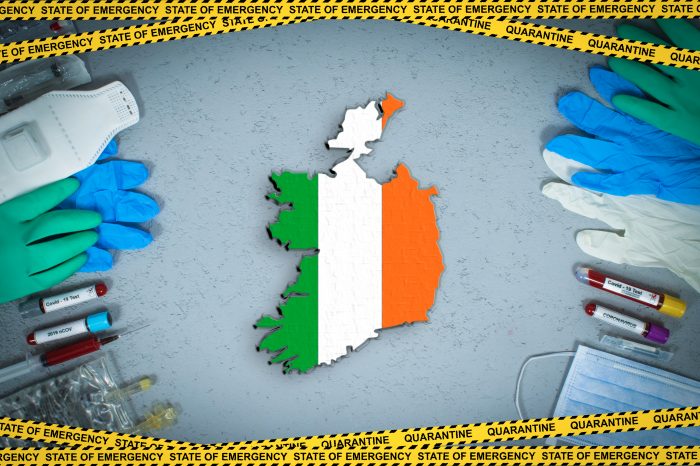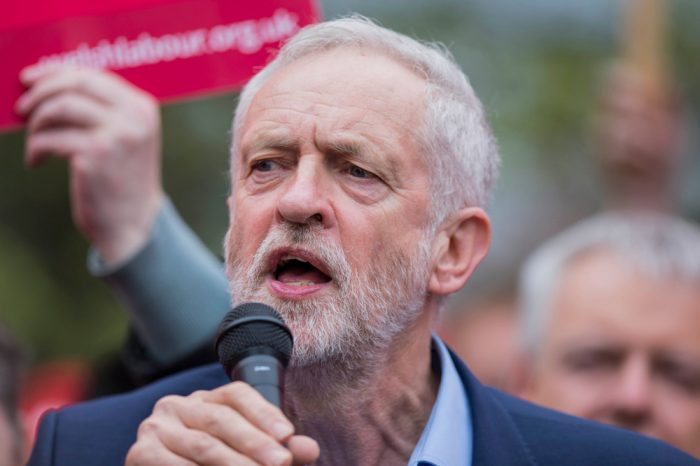Remainiacs – a view from outside the bubble
If you are reading this article, chances are you are a strong supporter of the UK leaving the EU. You were probably active during the recent referendum campaign and have been following every twist and turn of events since the June 23rd vote.
Your friends and family are probably fully aware of your passion for politics and often raise the subject of Brexit in conversation. You watch or listen to the news, read a newspaper and follow a few blogs on the internet. Something crops up about Brexit every day. It is THE issue of our time.. perhaps.
…..or perhaps it’s time to step out of our bubble for a few minutes.
Less than a week after the Brexit vote, I had to go to London. As I walked down the Thames embankment what struck me was the normality of life. Such snippets of conversation as I caught revolved around all manner of topics but not the European Union. It hardly seemed like we had just seen a radical change to the whole future shape of our country.
And this is precisely the point – the EU has never been a big issue for voters. Ask anyone who has stood as a UKIP candidate in a General Election. It was always a big challenge to convince people on the doorsteps that our very future as a sovereign nation was at stake. A survey by YouGov, taken just over a year before the Brexit vote, put “Europe” well down the list of voter priorities.
What is more, after four months of intensive campaigning, following Mr Cameron’s decision to forced the EU to the top of the list, 27.79% of eligible voters – nearly 13 million – didn’t cast their ballot. Remain and leave campaigners alike emphasised that this was the most important vote the electorate was ever likely to cast. Over a Quarter didn’t bother.
Even among those who did vote, many had an abysmal knowledge of what the EU project was actually about and certainly didn’t view it as a life and death issue. Of course, this was precisely Cameron’s strategy. A short campaign would work in his favour. As we know, his strategy failed. In spite of a campaign in which neither of the official organisations covered themselves with glory, the tireless dedication of rank-and-file leave groups up and down the country managed to convince enough of their fellow countrymen that the EU was sufficiently bad news that they should vote to leave it.
But now the vote is behind us, the level of interest in the EU among our countrymen has dropped dramatically. For most of them, whichever way they voted, the issue is behind them. In a recent conversation with an educated man, he told me that he was surprised that people were still working for organisations like the Campaign for an Independent Britain. He seemed to think we had already left the EU and was quite shocked when I told him otherwise.
The point I am making is that for all the talk of a second referendum, there is just no appetite in the country for going through it all again. John Major is living in a fanstasy world if he really believes he is somehow the “voice of the 48%.” A YouGov poll found that by almost two to one, the electorate believed that the result should stand and opposed a second referendum. What is more, unlike the Danish Maastricht referendum and the Irish rejection of the Lisbon Treaty, there is no pressure coming from Brussels. We ned not therefore worry too much about the recent statement by Emily Thornberry, the Shadow Foreign Secretary, that she might support a second referendum.
This is not to say that we’re home and dry. There are malign forces seking to undermine Brexit. Thankfully, so far Mrs May has stood firm, but mischief makers like Richard Branson and Mark Carney would love to derail Bredit if they could.
Even within the government, Michael Fallon, the Defence Secretary, needs to be watched. He has recently claimed that he is not using the UK’s military clout to get a better Brexit deal. Some informed opinion suggests that on the contrary, he wants to integrate us as closely as possible with the EU’s future defence strategy. This is not acceptable and we will keep you informed with any developments on this front.
In summary, it is clear that further campaigning needs to be focussed on informing and pressurising our MPs rather than on the general public. The better the deal we end up with, the more the guns of the hard-core remainiacs will be spiked and calls for a second referendum stifled. However, we are still unclear as to what deal Mrs May is seeking, while opinion among MPs is divided on all manner of issues. Vigilance therefore remains the order of the day. The country does not want a second referendum and we need to ensure they do not get one.







